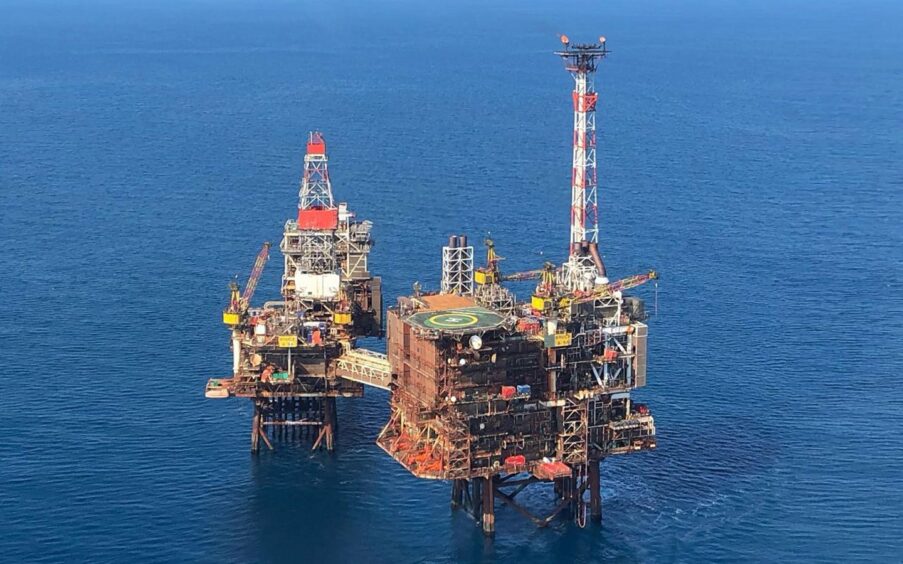
Serica Energy’s (AIM: SQZ) chairman raised concerns about changes to the windfall tax’s capital allowances after Labour announced the removal of investment allowances last week.
“We’ve been expecting those announcements for a while,” Davi Latin said on BBC Radio 4 on Monday morning when speaking about the UK government’s decision to up the rate oil firms pay under the energy profits levy and the move to abolish investment allowances under the fiscal policy.
Latin added: “The real issue, actually, concerns the uncertainty around capital allowances going forward where significant reductions could be announced with the October budget but we’re left not knowing how big those may or may not be.”
Last week’s government announcement outlined that “there are no plans to change the availability of capital allowances in the permanent regime.”
However, capital allowances will be under review in the upcoming budget as the chancellor has the option of changing how much is available for oil firms in the North Sea.
Senior analyst for Wood Mac James Reid previously told Energy Voice: “The worst case scenario that the industry is very worried about is the removal of the capital allowances as well.
“For a pre-production project, losing those capital allowances would significantly harm the economics of these projects.”
EPL changes mean ‘companies like Serica won’t invest’
Latin shared the importance of capital allowances for his business while speaking on the radio.
He said: “Capital allowances mean that businesses can offset investments against tax and if the ability to do this is reduced then companies like Serica won’t invest.”
He warned that without these allowances North Sea oil and gas production which he said is “declining anyway” will “fall off much more rapidly and fields will close much earlier.”
In April the Serica boss argued: “Any ‘windfall’ due to high commodity prices has long gone and the high tax situation is ill-suited to a mature oil and gas basin such as the UK North Sea. Its continuation will not benefit people in the UK either financially or environmentally.”
Serica Energy laid out in its 2023 reporting: “Given the challenging UK fiscal regime we continue to seek M&A opportunities elsewhere in the North Sea.
“For example, Norway offers a wide range of sub-surface opportunities and a relatively stable fiscal regime but less deal flow than UKCS.”
Under Labour’s windfall tax the headline rate paid by UK oil firms is in line with that of their Norweigan counterparts, however, Norway ahs strong investment allowances that incentives firms to reinvest within the country’s waters.
Speaking to Energy Voice at the time of Sercia’s full year results, Serica CFO Martin Copeland said:”People used to not like Norway because they thought it’s a high tax regime. Well, the UK’s a high tax regime now.”
He added: “The Labour Party is fond of saying they want to put a Norway tax in, but they’re not proposing a Norway tax. They’re proposing a worse than Norway tax.
“There’s an element to which you think, if we’re going to have Norway, we might as well have the full-fat version of Norway and actually go to Norway, right?”
‘There will be a lot of job losses’
Labour has been hard on oil and gas as it doubles down on renewable energy rollout, something Latin supports.
However, he argues: “Money has to keep coming in for that to happen. What’s going to happen if we don’t invest is there will actually be less tax revenues, there will be a lot of job losses, there will be reduced security and it will be worse for the environment.
“One fo the things, perhaps, to consider is this production that’s declining, it’ll nosedive off the cliff if we take the investment away and at the bottom of the cliff there’s a heard of elephants waiting and those elephants are called decommissioning.”
Latin said that “investments push decommissioning into the distance,” he continued that the ‘elephants’ will be “eating up the tax revenues as a large share has t be paid for by the government.”
Recommended for you


 © Supplied by Odfjell Technology
© Supplied by Odfjell Technology © Supplied by Serica Energy
© Supplied by Serica Energy